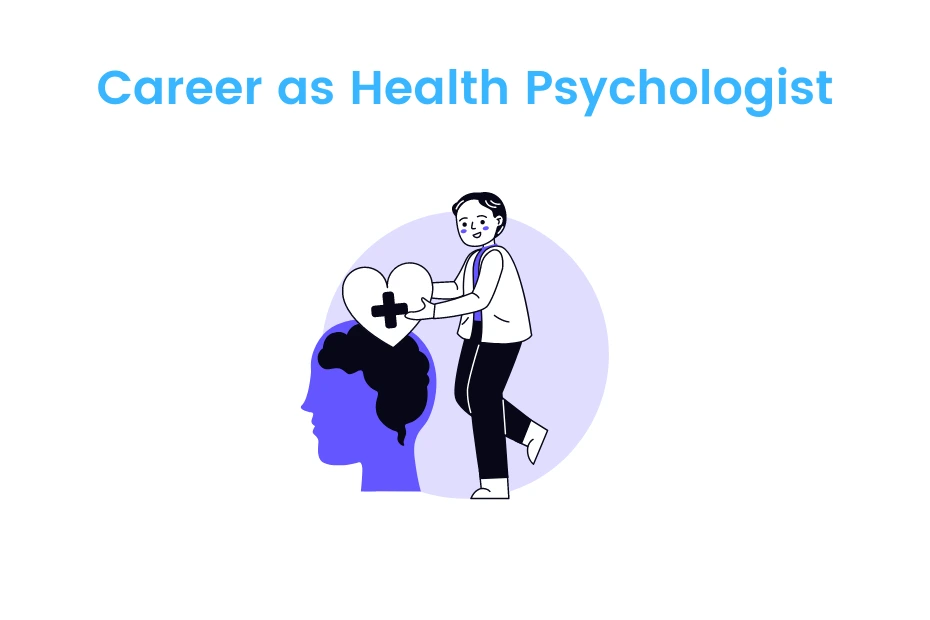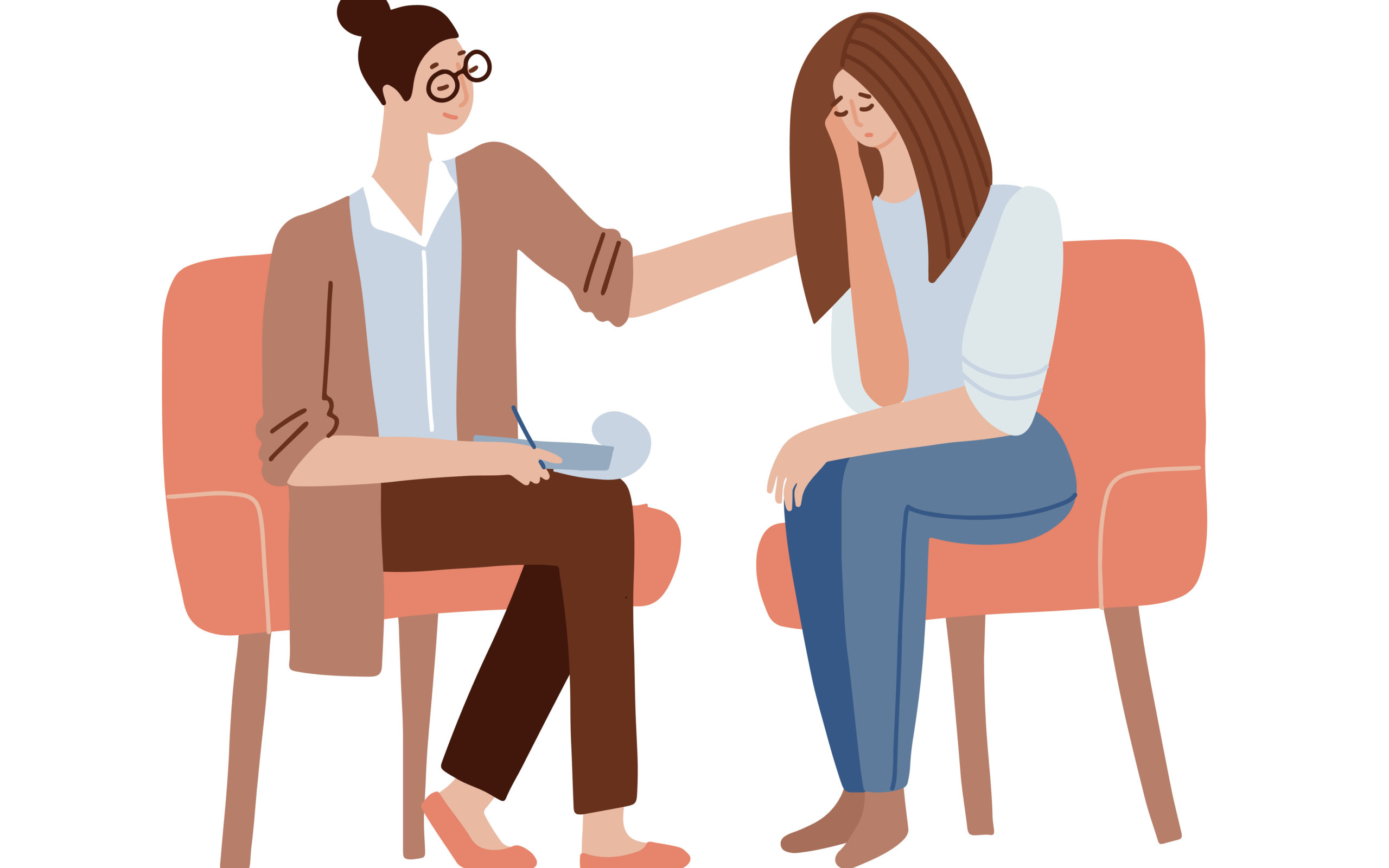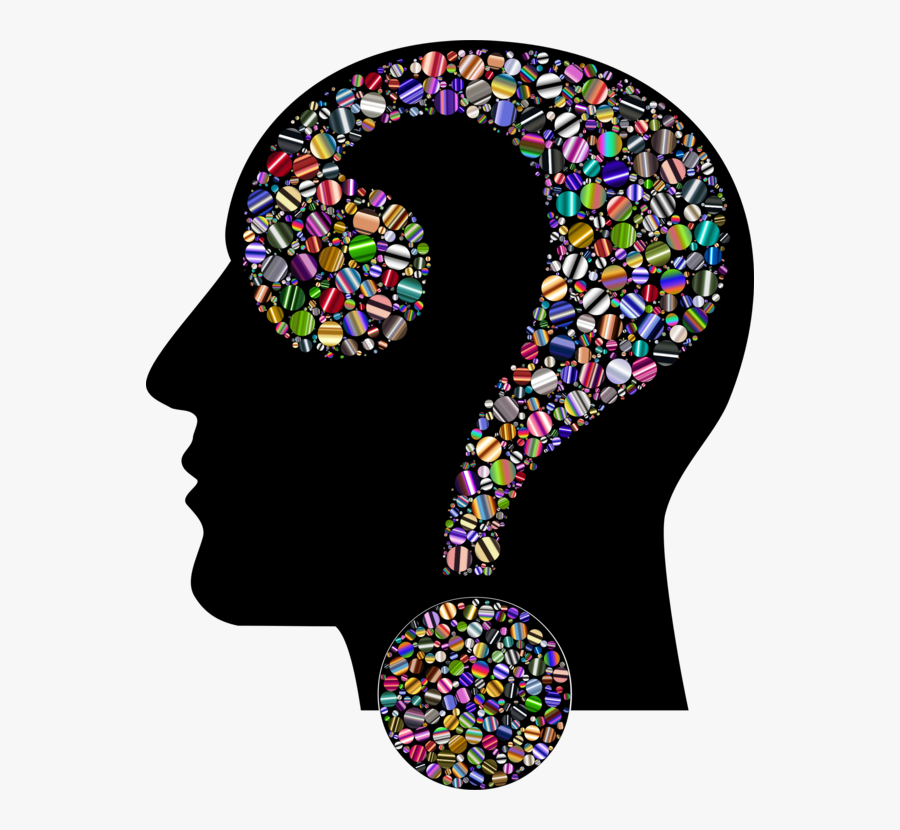How to Pick the Best Psychologist in Delhi for Personalized Therapy
How to Pick the Best Psychologist in Delhi for Personalized Therapy
Blog Article
Psych Therapy: A Comprehensive Overview to Results and methods

Cognitive-Behavioral Treatment
Cognitive-Behavioral Therapy (CBT) is a widely utilized psychotherapeutic technique that focuses on identifying and modifying inefficient thinking and actions patterns. Developed in the 1960s by Aaron T. Beck, CBT combines cognitive and behavioral concepts to resolve different mental health concerns, including anxiety, anxiousness, and stress-related conditions.
CBT is characterized by its structured, goal-oriented nature. Therapy usually entails a collaborative process between the therapist and customer, where particular problems are recognized, and useful strategies are created to address them. Methods such as cognitive restructuring, direct exposure treatment, and skill-building workouts are commonly used. Cognitive restructuring involves difficult and changing unfavorable idea patterns, while exposure therapy aims to decrease anxiety and anxiety with steady direct exposure to been afraid things or circumstances.
Evidence-based research supports the efficacy of CBT for a large range of emotional conditions - Best Psychologist in Delhi. Its focus on ability procurement and self-help methods empowers clients to proceed progress individually after therapy concludes. The flexibility and efficiency of CBT have made it a cornerstone in modern psychotherapeutic practice
Psychodynamic Methods
Rooted in the very early concepts of Sigmund Freud, psychodynamic methods concentrate on checking out the unconscious mind and its impact on habits and emotions. These techniques intend to discover hidden ideas and feelings that may be driving maladaptive habits and mental distress. Central to this strategy is the principle of internal problem, frequently coming from unsettled previous experiences, specifically those from youth.
Therapists making use of psychodynamic techniques utilize several essential approaches, including totally free organization, where patients are encouraged to speak freely to disclose subconscious material, and dream analysis, which translates the latent content of dreams. In addition, the exploration of transference and countertransference dynamics within the therapeutic relationship is critical. These interactions can offer insights right into the person's internal globe and relational patterns.
Psychodynamic therapy is generally longer-term contrasted to other techniques, using a detailed and deep understanding of the individual's subconscious. Research suggests that it can be specifically reliable for complex psychological health and wellness concerns, such as personality problems and chronic depression. By promoting self-awareness and psychological insight, psychodynamic therapy looks for to bring unconscious material to consciousness, enabling individuals to accomplish meaningful and long lasting change in their lives.
Humanistic Techniques
Building on the structures laid by psychodynamic strategies, humanistic techniques offer an unique perspective focused on specific potential and self-actualization. Coming from the mid-20th century, these strategies focus on the fundamental benefits and development potential of people, highlighting an alternative sight of human experience. Key figures such as Carl Rogers and Abraham Maslow have actually substantially affected this restorative approach, which encompasses methods like client-centered therapy and Gestalt therapy.
Client-centered therapy, established by Rogers, plays a critical role in humanistic methods. It relies upon the specialist supplying a setting of genuine favorable respect, empathy, and congruence. This fosters a safe space for clients to explore their sensations and experiences without judgment, assisting in self-discovery and personal growth. The therapist's function is more of a visit homepage facilitator than an authority, encouraging clients to harness their inner sources for recovery.
Gestalt therapy, one more crucial humanistic strategy, stresses present minute understanding and the combination of mind and body. By concentrating on the "present moment," clients obtain greater insight into their present emotions and habits. Methods such as role-playing and led visualization are often employed to aid customers get a much deeper understanding of themselves, eventually causing enhanced self-awareness and satisfaction.
Integrative Therapies
Integrative therapies stand for a synthesis of different therapeutic strategies customized to satisfy the one-of-a-kind needs of each customer. This technique recognizes the complexity of human psychology and the diverse nature of mental wellness problems. By integrating aspects from different institutions of psychotherapy-- such as cognitive-behavioral treatment (CBT), psychodynamic therapy, and humanistic methods-- integrative therapies offer a more versatile and alternative therapy paradigm.
Specialists of integrative treatment assess each client's specific demands, signs, and individual history to develop a personalized treatment plan. This customized strategy enhances the capacity for therapeutic success by addressing the source of psychological distress and promoting overall health. Strategies might consist of mindfulness exercises, cognitive restructuring, and emotional processing, each selected to target different aspects of the client's concerns.
Furthermore, integrative treatments emphasize the restorative connection, checking out the client-therapist bond as a crucial element of efficient therapy. This relationship fosters a helpful environment where customers feel secure to check out and address their issues. The versatility of integrative treatments makes them suitable for a broad variety of problems, including anxiousness, anxiety, injury, and social difficulties, thereby increasing their applicability and effectiveness in varied clinical settings.

Measuring Treatment Results
Evaluating the performance of psychiatric therapy is important for both medical professionals and customers to guarantee that the therapy is producing the wanted outcomes. To attain this, various methods and devices are used to gauge treatment end results systematically. Standard analysis tools, such as the Beck Depression Supply (BDI) and the Generalized Anxiety Disorder 7 (GAD-7), provide measurable information on signs and symptom intensity and modifications Extra resources over time.
In addition to standardized devices, qualitative techniques like client self-reports and scientific meetings use important understandings right into the personal experiences and perceived progression of clients. Routinely set up analyses, commonly at the start, midpoint, and end of therapy, help in tracking the trajectory of renovation or identifying areas requiring modification.
End result dimension is not limited to sign decrease; it also encompasses practical renovations in life, such as much better social connections, increased work productivity, and boosted overall well-being. Modern improvements in electronic health and wellness have presented mobile apps and on the internet platforms that assist in real-time tracking and comments, additionally improving the evaluation process.
Eventually, a detailed technique to determining therapy outcomes guarantees that restorative interventions are effective, efficient, and customized to fulfill the private requirements of clients, thereby maximizing the total restorative experience.
Final Thought
Psychotherapy offers a multifaceted selection of techniques targeted at addressing details psychological health and wellness issues and enhancing total wellness. Cognitive-Behavioral Therapy and psychodynamic strategies target unconscious impacts and inefficient ideas, specifically. Humanistic methods concentrate on personal growth and self-actualization, while integrative therapies incorporate several methods for customized treatment strategies. Examining therapy end results with qualitative approaches and standardized analyses guarantees a comprehensive understanding of performance, eventually guiding customers towards enduring psychological health and wellness renovations.
From the organized strategy of Cognitive-Behavioral Therapy (CBT) to the deep exploration of the unconscious in psychodynamic treatment, each approach brings unique benefits. Its emphasis on skill procurement and self-help methods encourages clients to continue development individually after you can try these out treatment concludes (Best Psychologist in Delhi). Key figures such as Carl Rogers and Abraham Maslow have actually dramatically influenced this therapeutic approach, which encompasses techniques like client-centered treatment and Gestalt treatment

Report this page